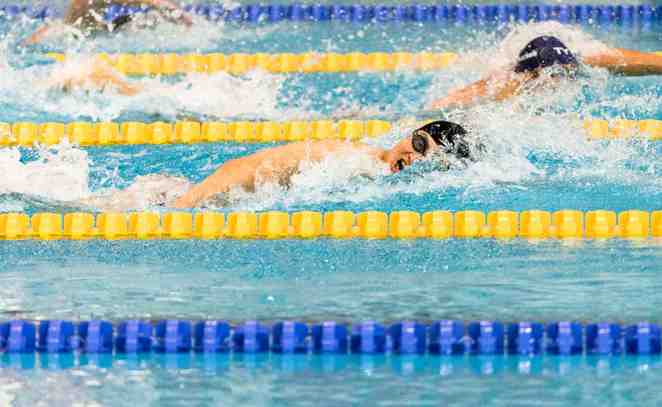
Avoiding Hazards While Swimming
Swimming has been shown to improve physical strength, and is also thought to help prevent the development of illnesses such as heart disease.
Carrying out aerobic exercise like swimming three times per week has also been shown to reduce body mass, making it ideal for those who want to lose weight healthily. It is important to remain safe when swimming, however, especially if swimming in open water or in a home pool.
Here are some common hazards and how to avoid them.
Be Water Competent
When choosing to swim for exercise, ensure that you feel strong enough as a swimmer. Many accidents happen due to complacency while swimming.
Choose the swim stroke that you are most competent at if you are doing lots of laps of the pool. To test your competence, try treading water for at least one minute. Try entering water that is over your head to get used to being submerged, and ensure you are able to turn around in the water safely.
You may feel strong enough to swim in a pool, but consider whether you are expert enough to swim in open water, where there may be more hazards such as changing currents and objects in your way.
Avoid Swimming Alone
You may have chosen to swim for fitness because you have a home pool or you have a friend who allows you to swim in theirs. However, it is not a wise decision to swim alone. Lack of supervision can cause drowning accidents to occur, but having someone nearby could prevent the worst from happening.
Around ten people die from drowning every day, while 50% of drowning victims sent to the emergency room require further care as it can cause brain damage, memory problems and further disabilities. This can be avoided by asking someone to stay nearby, or swimming with a partner. A partner can also act as a motivator to improve your swimming fitness.
Stay Hydrated
While swimming, you may forget to hydrate, but remember that you are still exercising. It can often be fun to float around and play games in the pool, which can all add to your exercise routine.
However, being in the water can often make you forget to drink some water. When exercising outside of the water, you will start to notice sweating and being out of breath. In the water, these signs are not always obvious right away. You may start to experience dehydration headaches and feel sluggish, but it is best not to let it get to this stage. Keep a bottle handy at the side of the pool, and sip on it between laps.
Swimming is great for health, and it's a fun way to lose weight. While keeping healthy, ensure that you and your family stay safe if you're taking a dip in the pool.Previous in Lifestyle: Stress
Next in Lifestyle: Twelve Weeks
